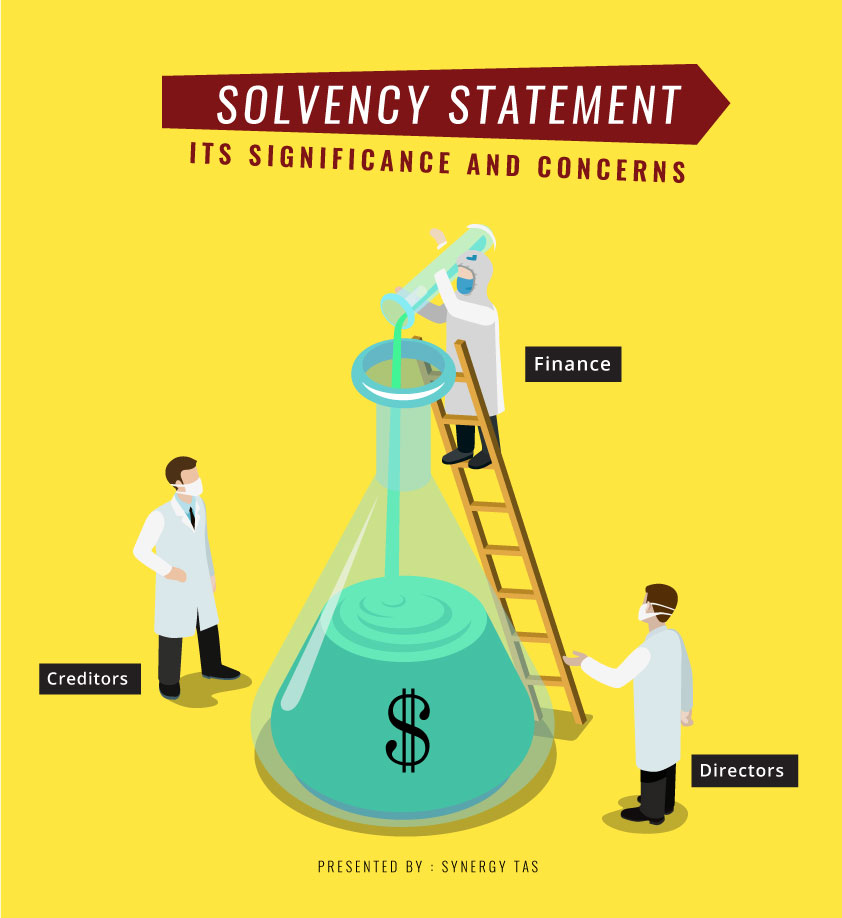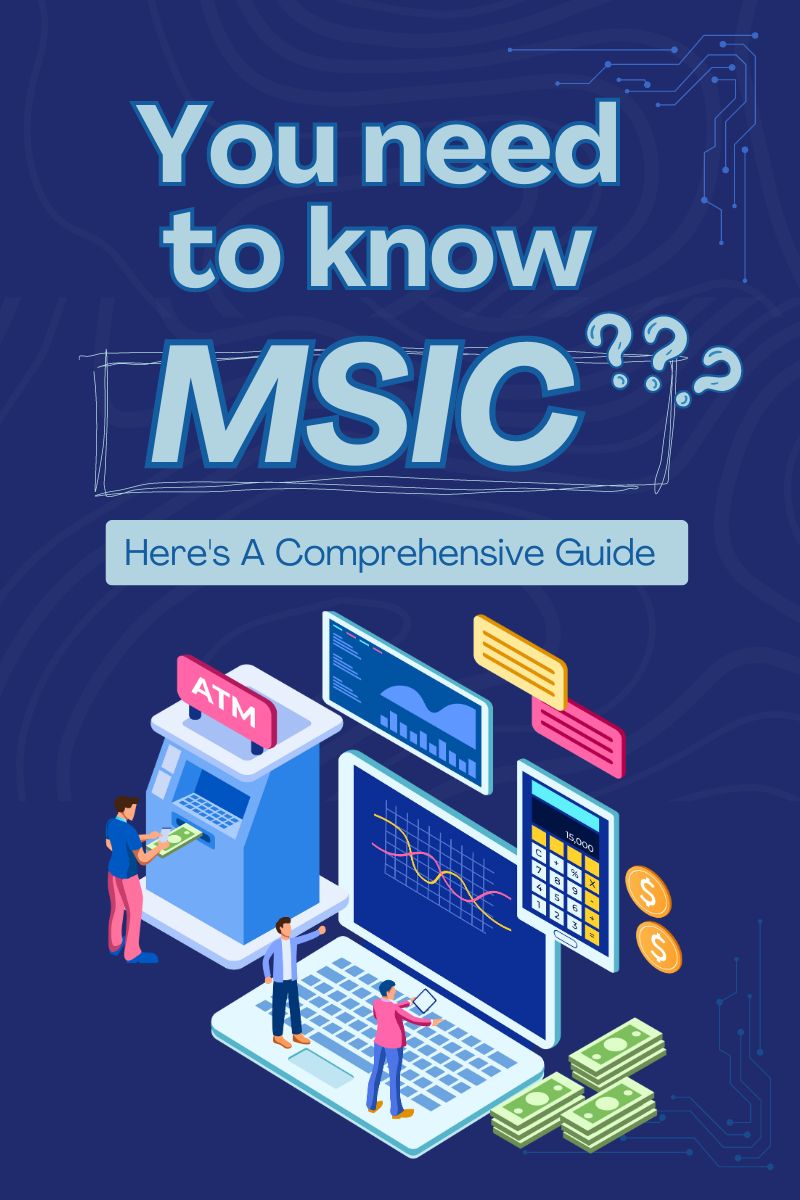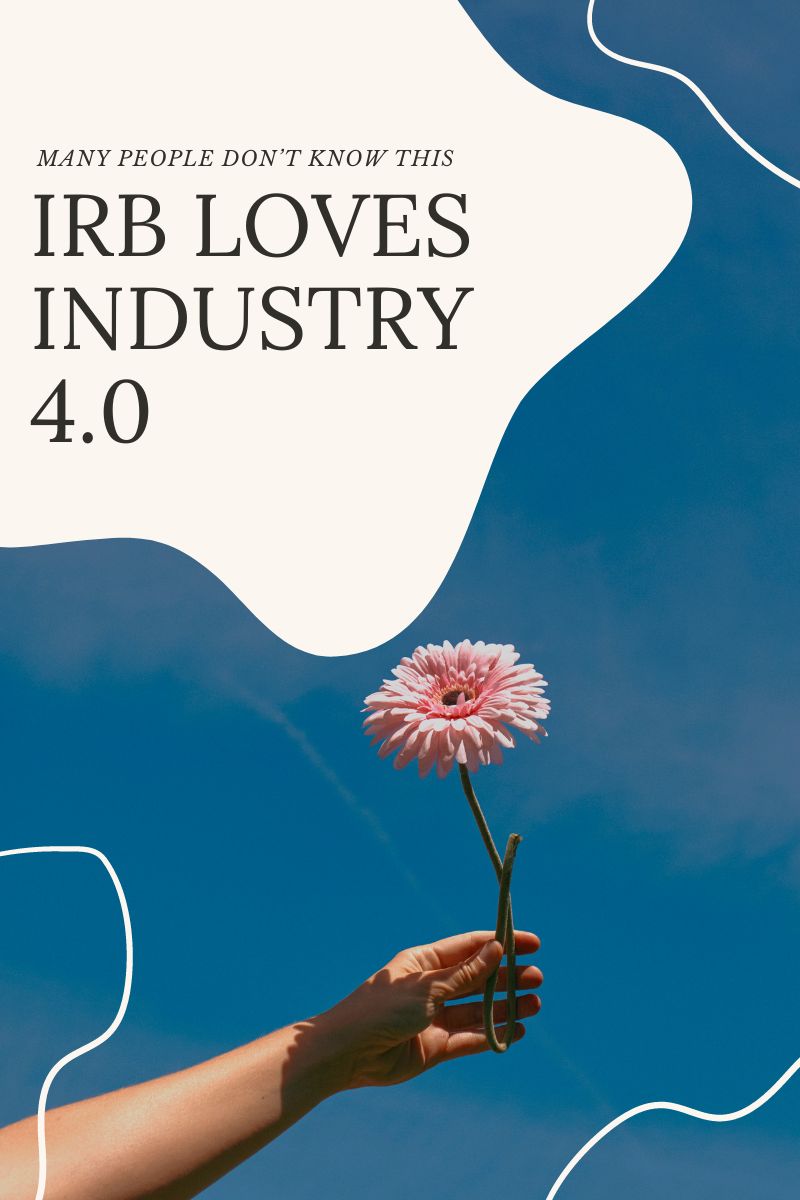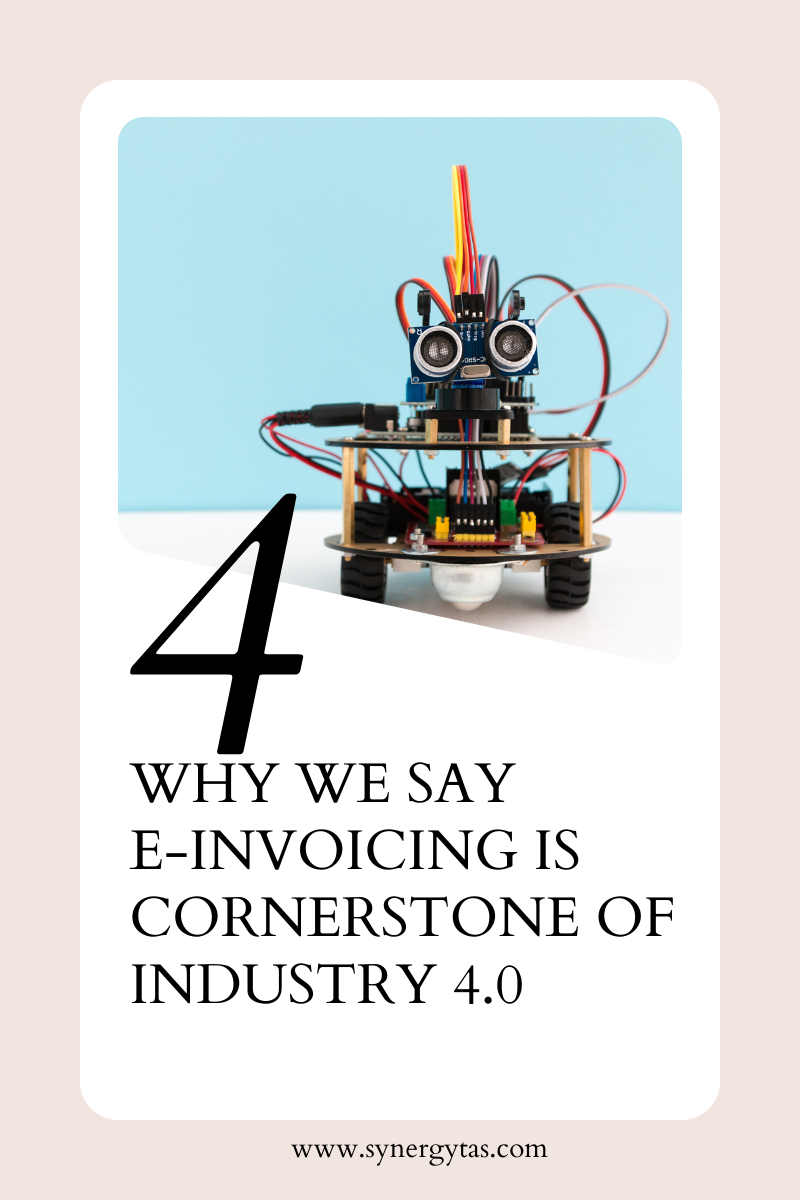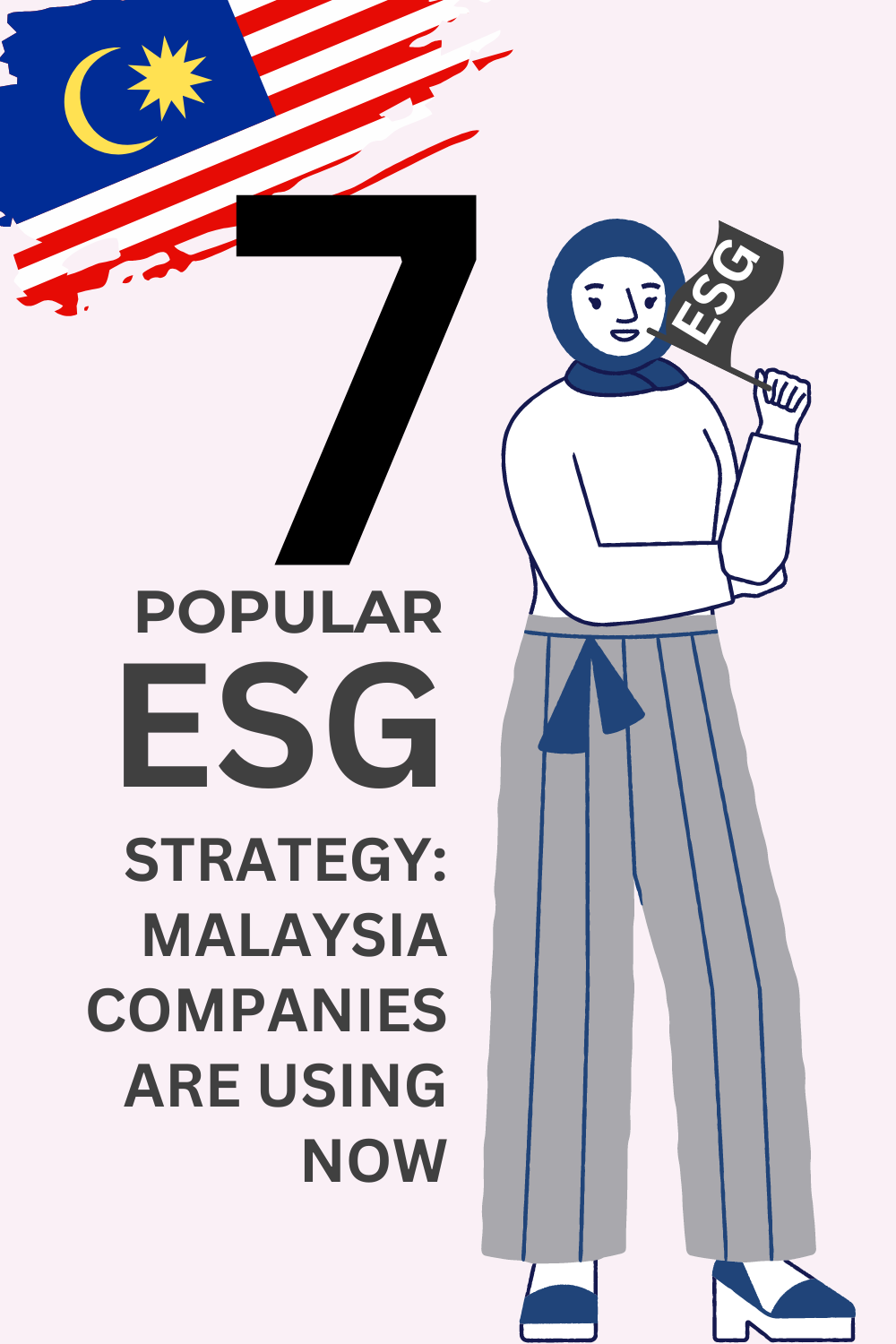New Companies Act 2016 started its operation on 31 January 2017. It aims to balance the need to make it easier for companies to do business, while safeguarding the interest of stakeholders.
[If you miss out on the write up on the changes introduced by CA 2016, click here to read more].
The introduction of “Solvency Statement” is one of such safeguard mechanisms. Yet many directors are still unaware what “Solvency Statement” is and the protection that needs to be in place. Many directors remain ignorant of the risk of being fined or imprisonment in connection with signing off a solvency statements.

Solvency Test is essentially a statement made in writing by all the directors, which declares that :
- there are no grounds on which the company could be found to be unable to pay or otherwise discharge its debts; and
- the company will be able to pay its debts as they fall due during the 12 months immediately following the date of the statement, or,
- if it is intended to commence the winding up of the company within 12 months of the date of the statement, that the company will be able to pay or discharge its debts in full within 12 months of the commencement of the winding up.
The statement is required when undertaking the following financial activities :
- Declaring dividends to shareholders;
- Capital Reduction (where there is no court order);
- Financial assistance;
- Redemption of preference shares; or
- Share buyback
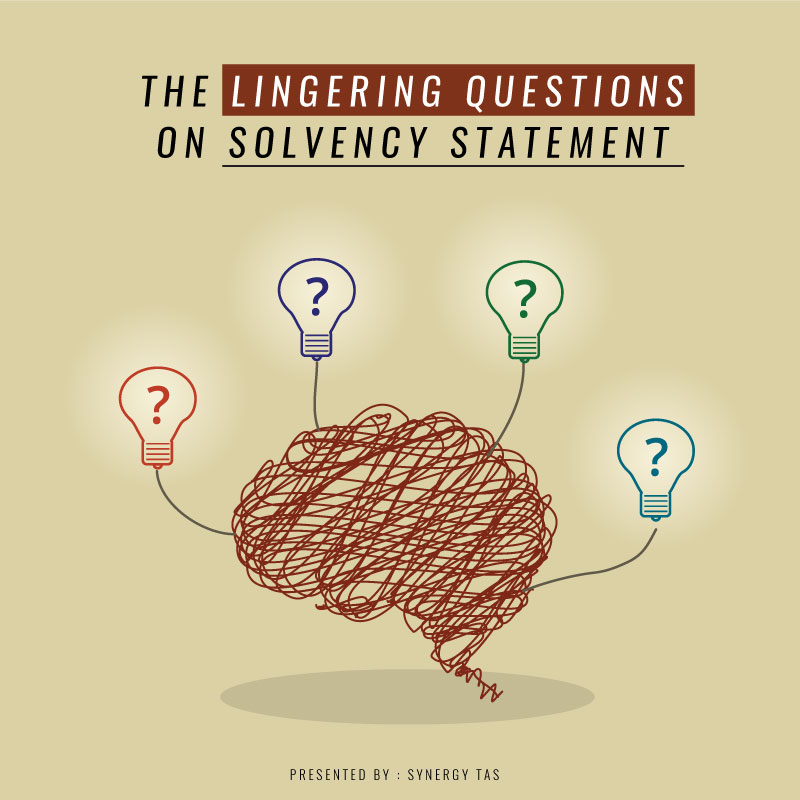
The lingering questions on Solvency Statement
While conducting the Company Law 2016 seminar for the past 1 year (5 sessions in total), it is an honor to have welcomed attendees from distinct backgrounds. These allow us to see many unique angles on the implementation concerning the solvency statement.
The attendees range from Public Listed, Professional Firms, Small and Medium Companies, to Government Agencies and Regulatory Bodies.
The following are those concerns highlighted by the attendees which we feel that you should take into consideration in the preparation of Solvency Statement:
- What protection can creditors derived from Solvency Statement ?
- From the time when the Solvency Statement is prepared until the time when the dividend is paid. What is the allowable time frame?
- To what extent the director is taking the risk and what protection is made available to them as to shield from the burden of personal liability?
- Can directors create the statement based on advice from professionals or employees? Will this form a valid and strong defence in the event of non-compliance.
- Does the statement need validation by professionals? What are the secretarial procedures involved? What safeguarding mechanisms are available to the professionals from professional indemnity.
- Solvency statement is created based on estimation and projection of future financial events. What should directors do if there is a change in circumstances?
- What should directors do to protect themselves against the change in circumstances of the financial events?
- What are the documentations needed for the director to discharge its duty and liability?
